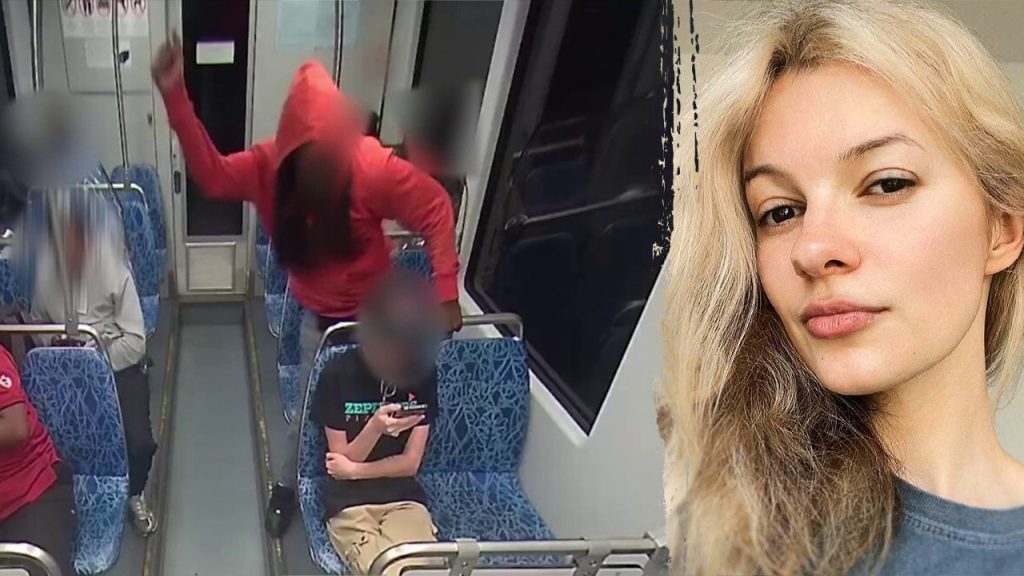White House, Supreme Court, and Political Drama: A Morning Roundup
In a nation grappling with pressing issues from crime to political tensions, the morning’s news cycle offers a sobering look at America’s current challenges. The White House has pledged accountability following a tragic murder on Charlotte’s light rail system, highlighting ongoing concerns about public safety that continue to shape political discourse. Meanwhile, a Supreme Court justice defended the Court’s independence during a Fox News interview, pushing back against criticism in an era of intense judicial scrutiny.
The release of new files mentioning a letter from Bill Clinton in Jeffrey Epstein’s “birthday book” adds another layer to the ongoing controversy surrounding the late financier’s connections to powerful figures. This development comes as Senate Republican leadership moves to lower the filibuster threshold for Trump nominees through what’s being called a “nuclear option,” potentially reshaping how presidential appointments proceed through Congress. These political maneuvers unfold against the backdrop of a massive federal operation that netted $11 million and 617 arrests of individuals described as “public enemies,” demonstrating the ongoing tension between law enforcement priorities and political messaging about crime.
Immigration remains a flashpoint in American politics, as evidenced by ICE raids at a Georgia Hyundai battery plant that sparked diplomatic tensions with South Korea. The incident highlights the complex intersection of immigration enforcement, international relations, and economic development. Meanwhile, the trial of Ryan Routh, accused of attempting to assassinate former President Trump, has begun with unusual jury questions and witness drama, adding another chapter to America’s increasingly polarized political landscape. In Puerto Rico, defense officials are ramping up Caribbean cartel-fighting efforts with naval forces, addressing another facet of America’s ongoing security concerns.
Media coverage continues to reflect and sometimes amplify political divisions. CNN’s Brian Stelter claimed that “pro-Trump activists” seized on the Charlotte stabbing to advance a political narrative, while late-night host Jimmy Kimmel weighed in on whether his anti-Trump jokes defend “democracy.” A New York City mayoral candidate found himself defending past social media posts, demonstrating how digital footprints increasingly shape political careers. Even radio personality Howard Stern generated headlines by tricking outlets into reporting he had quit SiriusXM through a prank with Andy Cohen, showing the media’s sometimes frantic pace to break news in a competitive environment.
In commentary, opinions range widely on pressing issues. Mark Harris argues that Iryna Zarutska, who fled Ukraine seeking safety, was failed by Democratic “soft-on-crime policies,” while Hugh Hewitt suggests that despite French President Macron’s criticism, “Israel will still stand proud.” In sports news, the San Francisco 49ers’ George Kittle is expected to miss several weeks with a hamstring injury, and quarterback drama continues with the Minnesota Vikings’ QB shaking off early struggles for a victory in his first career start. These cultural touchpoints—from sports to entertainment—continue to provide Americans with shared experiences even in divisive times.
Beyond the headlines, everyday Americans continue to find meaning in small moments. A man and his grandson discovered what might be a 19th-century shipwreck, and a star from the classic film “The Goonies” shared a life-changing medical diagnosis that provided clarity after years of uncertainty. As autumn approaches, Americans prepare for seasonal traditions while navigating challenging times. These personal stories remind us that beneath the political battles and headline-grabbing controversies, individual lives unfold with their own triumphs and challenges—a reminder of our shared humanity that transcends the divisions so often highlighted in the daily news.


